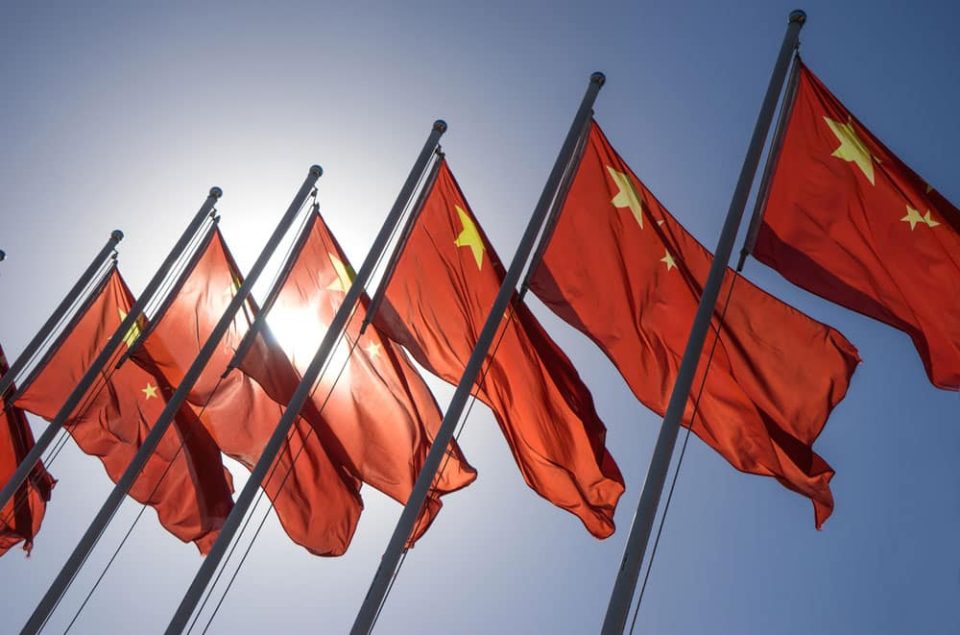
The question of whether people or law have more power has been a long -standing debate. Typically, they look as separate; Or the law prevails over people or vice versa. However, this relationship is not a simple opposition; Rather, it can be seen as a unified whole, with laws created by people to serve humanity.
In the West, legal rights focus on individual or group rights, with legal systems that prioritize the protection of property, freedom and equality. Here, law and power are considered separate, with a law simply supporting individual rights. In contrast, Marxism advances this opinion when seeing the law as part of the superstructure, serving the ideological interests of the ruling class. Marxism is critical of the law, seeing it not so neutral, but as a tool that supports specific social interests, he thought he still separates the law of power.
In the case of China, it is a transition society in the process of moving from a stage of development lower than a high. The concentration of power is undoubtedly an important problem in this context. Approximately the few decades, the mass migration of hundreds of millions of Chinese farmers, from rural areas to cities, has led to a deep transformation into the social structure. This dramatic change, together with emerging contradictions and class conflicts, inevitably manifests itself at the social level, creating new demands and theoretical challenges for ideological reconstruction. This is a complex reality that not only implies the relationship between individuals and the law, but also crossed with broader idological conerns.
In general, East Asia societies, formed by Confucianism, emphasize balance, as expressed in analogs: “Going too far is as bad as going far enough.” Given the vast population and contradictions of the region, achieving balance is the key issue. However, true balance has never been made and may not be feasible. Confucianism was based on ethical education in rural communities to promote balance, but has proven insufficient on a larger social scale. The problem with confucianism lies in its excessive emphasis on the ethical transformation and negligence of the complexities of human nature, such as selfishness and greed. Its conservative nucleus and its lack of transformative power become significant defects in times of social conflict. In contrast, the philosophy or struggle of Marxism leads the issue to an extreme social change and the promotion society, but destabilizing balance. Ultimately, the objective for such societies remains moderation and balance, as reflected in the old Chinese maximum, “the noble man follows the average, while the petty man deviates from it.” Stability and balance are, therefore, fundamental to national governance.
In recent decades, Singapore, once seen as a model during the reform process of China, with its national governance characterized by two key characteristics: the rule of wise leaders and the strong emphasis on the rule of law. The island nation retains practices such as corporal punishment, such as beat, to maintain legal deterrence. Lee Kuan Yew, the founding father of Singapore, believed that common voters could not understand complex issues, so elites should make decisions for national interest. He argued that the rule of law was crucial for the success of Singapore, emphasizing that laws must be clear, transparent and predictable to attraction, maintain order and generate trust. While the Singapore model may not be universally applicable, it provides an example of a government backed by law and wise leadership.
The historical failure of confucianism, as the lack of success of confucio, lies in its inability to solve the key problem: the concentration of power. Approximately time, Confucian thought became increasingly hollow, reduced to a formal system that survives only culturally. He thought he presents a beautiful theoretical framework, could not address the concentration of power and lacked wisdom to overcome it. Power is essential to clarify social balance. China’s long history demonstrates that concentrated power does not always lead to stability, since power is a very coveted resource. The solution, in my opinion, lies in transferring power to the legal system, integrating people and law, and by changing to a legal rights framework. The power must derive from the law, with the law as its foundation. This approach transforms power into a legal construction, virtualizing it and changing it from people to law. As a result, it obtains greater social support, stability and holrace balance. This transfer and restructuring of power within the legal system is what I call “neo-legal rorchtsism.”
As a society that passes from the third world to the first, the ideological core of social construction and management must be neo-legal rights. While Singapore has implemented this concept in a simpler way, larger societies require a stronger theoretical basis and exploration for effective practice. The objective is to create consensus and social support, achieving stability and long -term balance through effective theoretical construction.
Neolergal Rightsis may not be an innovative theoretical innovation, but implies adaptation and extension elements. Politics, as global dynamics show, politics is based more on rhetoric than on academic theory. While Neolergal Rightsism may not guarantee stability, it can serve as a guide light, occasionally illuminating new subtle ways.
Have you read?
The best medicine schools in the world.
The best universities in the world.
The best international secondary schools in the world.
The best business schools in the world.
The best fashion schools in the world.
The best hospitality and hotel management schools in the world.





